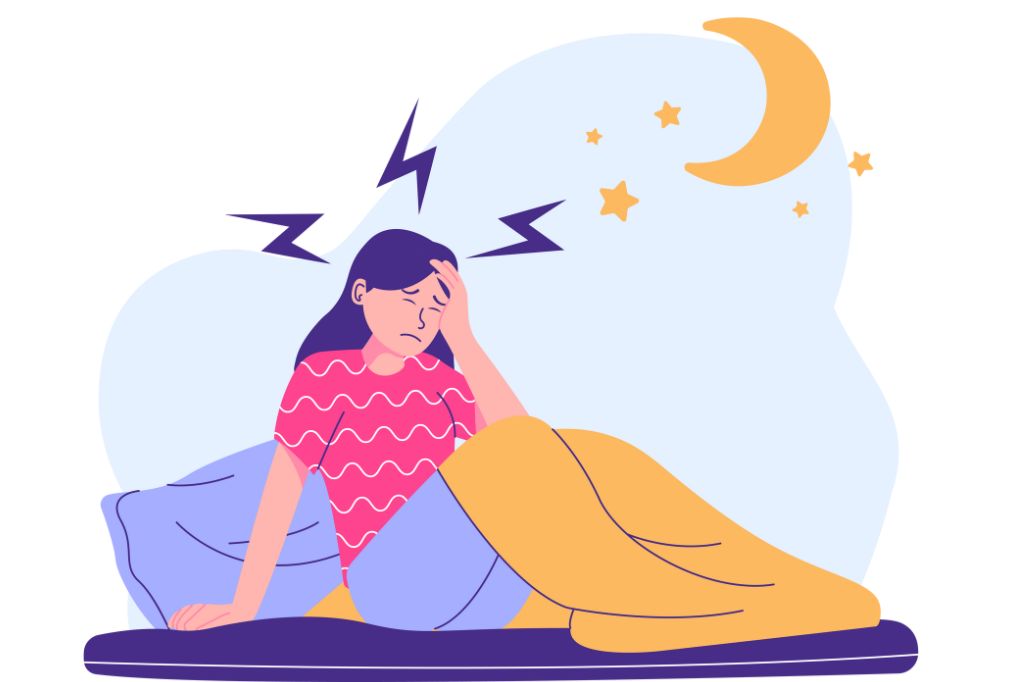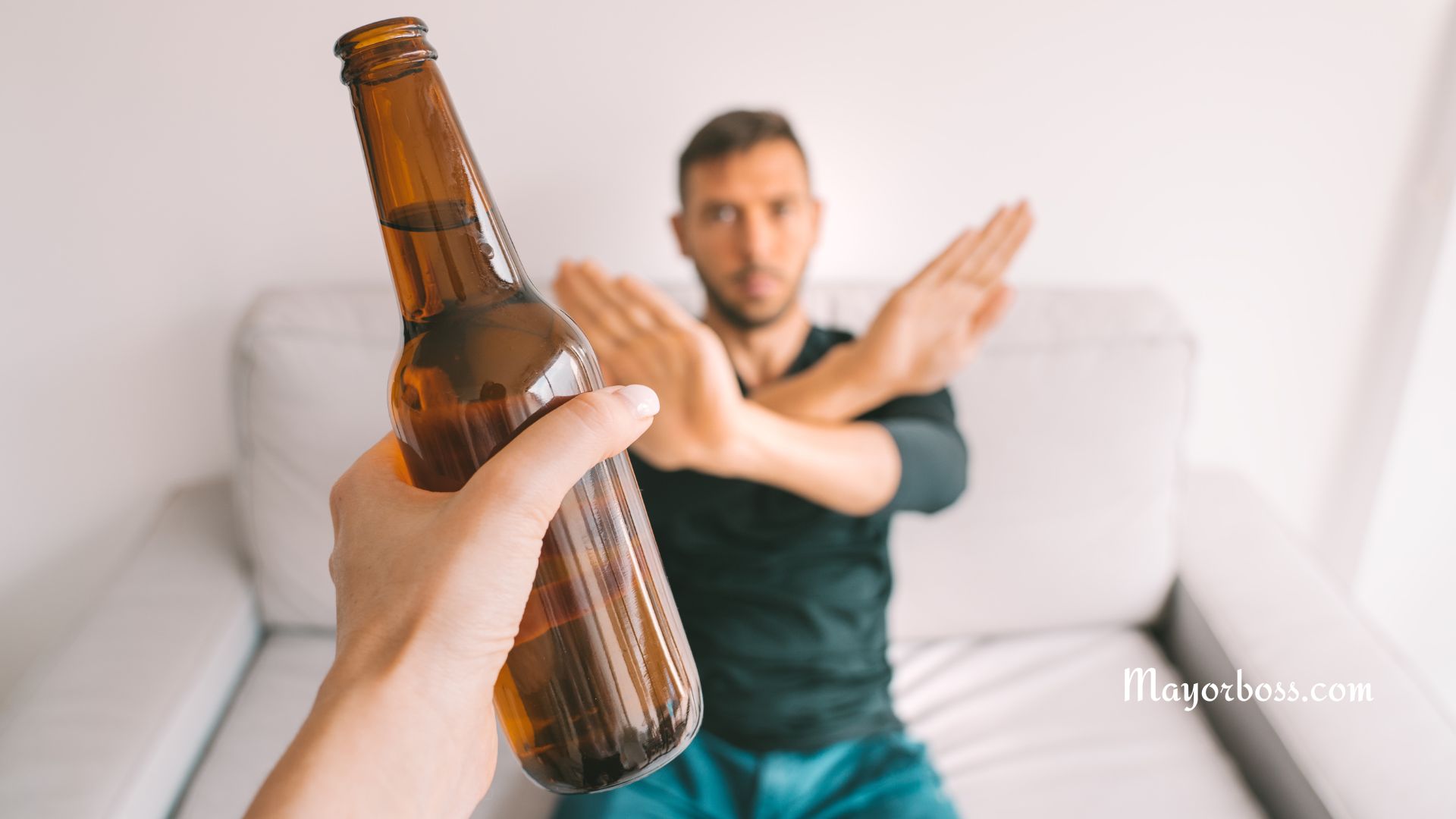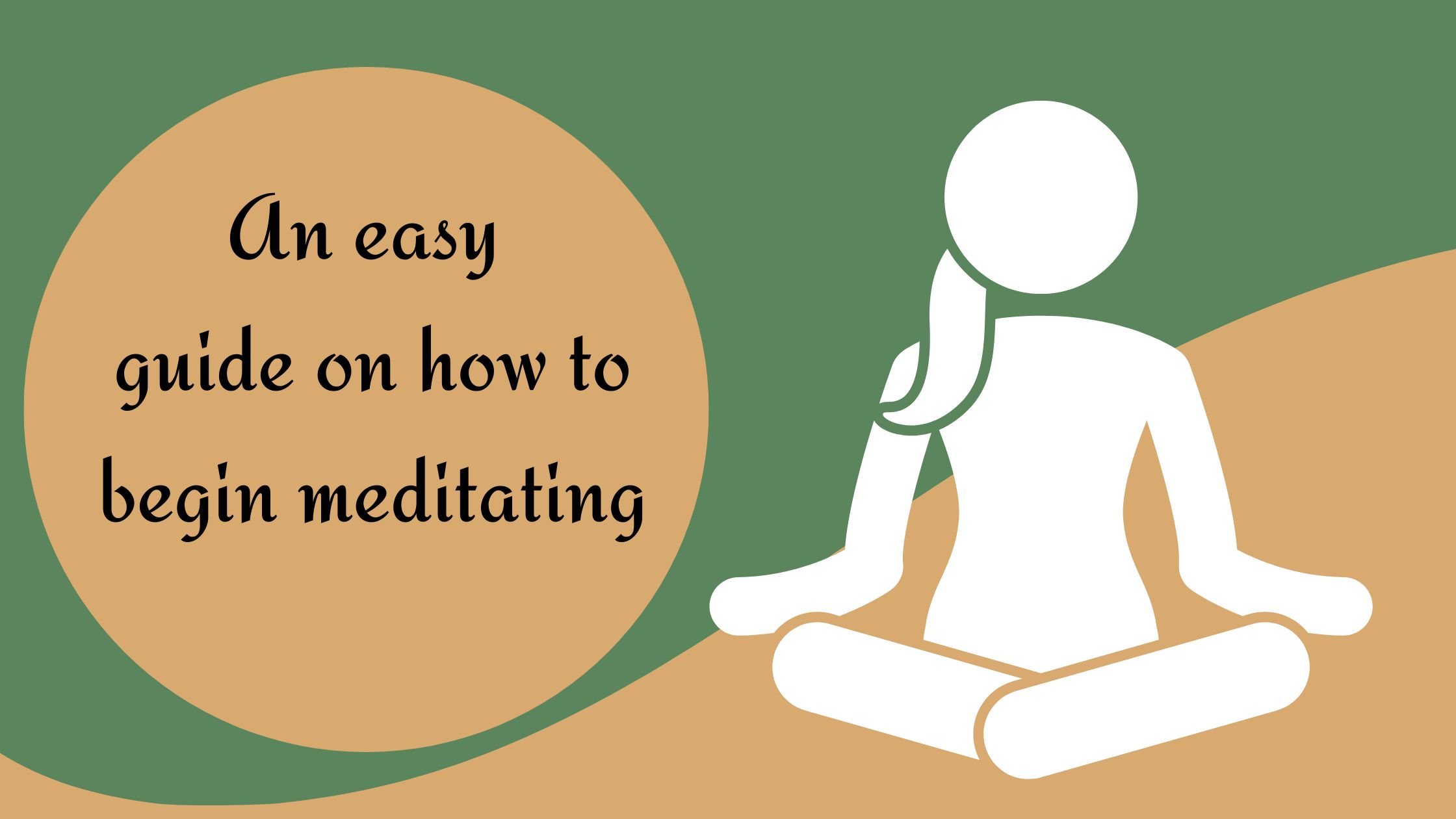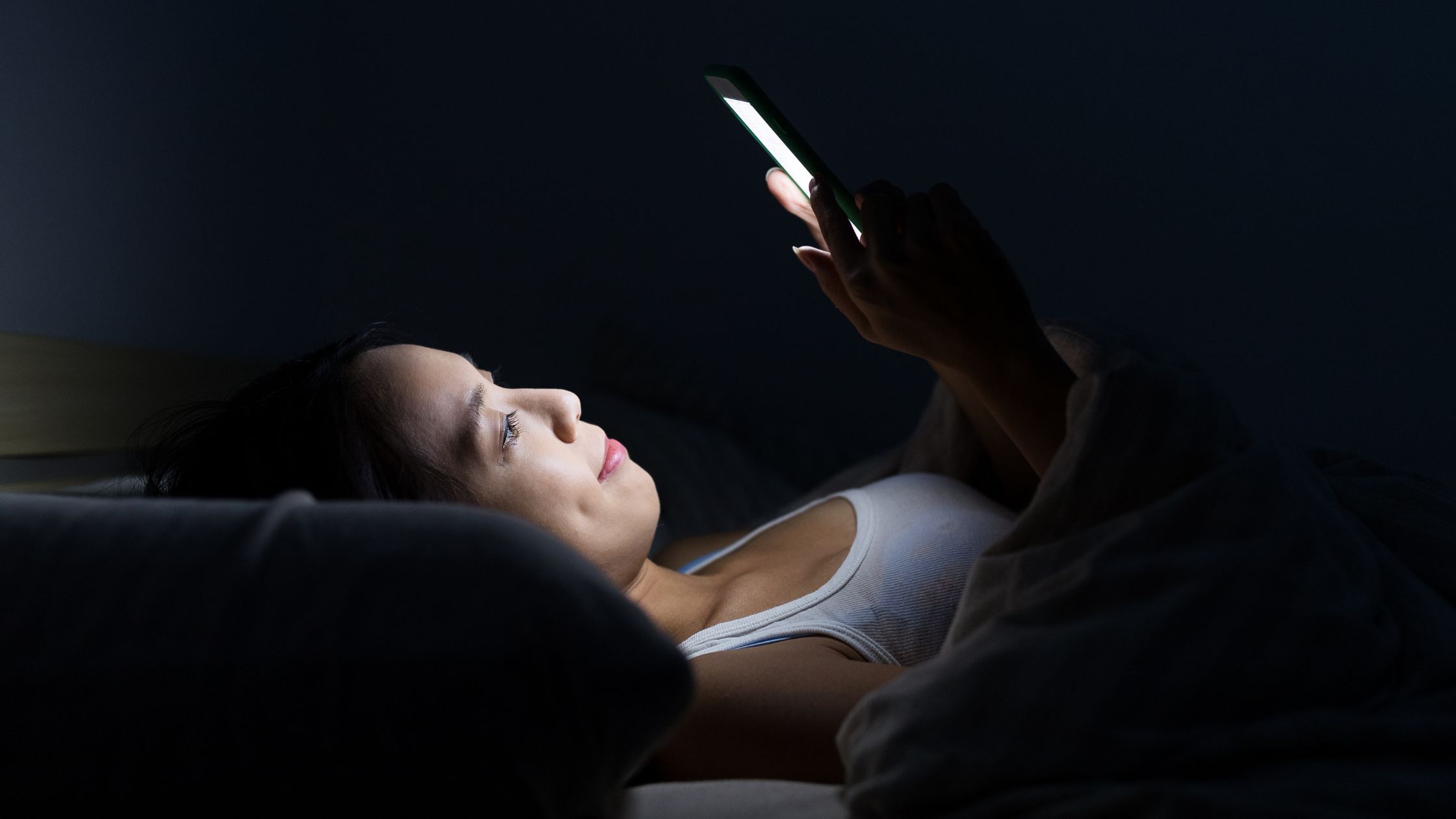What To Do If You Can’t Sleep At Night
Are you having trouble sleeping? Are you tossing and turning at night, unable to get the precious sleep your body needs? If so, you’re not alone. According to the Centers for Disease Control and Prevention (CDC), 70 million US adults have a sleep disorder. Insomnia is the most common sleep disorder, affecting 30-40% of adults.
There are many reasons why you might be experiencing insomnia. It could be due to stress, anxiety, or depression. It could be a side effect of medication or an underlying medical condition. Or it could simply be that you’re not following good sleep hygiene habits.
Whatever the reason for your insomnia, there are things you can do to help yourself get the restful night’s sleep you need.
Here is what to do if you can’t sleep at night

Establish a regular sleep schedule
Sleep experts advise going to bed and waking up at the same time every day, even on weekends. This will train your body to know when it’s time to sleep and when it’s time to wake up.
Create a bedtime routine
Another helpful tip is to create a bedtime routine that you can follow every night before going to bed. This might include taking a hot bath or shower, reading a book, or doing gentle stretches. The key is to do something relaxing that allows you to wind down so that when it’s time to turn out the lights, your body is ready for sleep.
Also Read: What Is Sleep Hygiene?
Keep your bedroom cool, quiet, and dark
For your body to fall asleep and stay asleep through the night, your bedroom should be cool—between 60 and 67 degrees Fahrenheit is ideal—quiet and dark. Consider using blackout curtains or an eye mask if streetlights or other ambient light outside is keeping you up at night. And if noise from outside or a snoring partner is an issue, try using a fan or white noise machine to drown out those disruptive sounds. By creating an environment conducive to sleep, you can help yourself fall asleep—and stay asleep—more easily each night.
Avoid watching television or working on the computer in bed
Experts say the blue light emitted by screens can disrupt your natural circadian rhythms and make it harder to fall asleep.
Keep electronics out of the bedroom altogether
If you can, create a “no-tech” zone in your bedroom where electronic devices are not allowed. This will help you associate your bedroom with sleep instead of work or entertainment.
Avoid caffeine and alcohol
Caffeine can stay in your system for up to 8 hours, so avoid coffee, tea, energy drinks, and chocolate after 3 pm. Alcohol may make you feel drowsy at first, but it can actually disrupt your sleep later in the night. So it’s best to avoid drinking alcoholic beverages in the evening.
Practice some relaxation techniques before bedtime
There are many different relaxation techniques you can try to help you fall asleep. These include deep breathing, progressive muscle relaxation, visualization, and meditation.
Deep breathing
To do this, simply lie down on your bed and focus on your breath. Slowly inhale through your nose and count to 5. Then slowly exhale through your mouth and count to 5. Repeat this for 10 minutes.
Progressive muscle relaxation
This method works by tensing and relaxing different muscle groups in your body. Start by tensing the muscles in your toes for 10 seconds and then relaxing them. Tense your feet for 10 seconds and then relax them. Move up to your calves, thighs, buttocks, hands, arms, shoulders, neck, and face.
Visualization
This technique involves picturing a peaceful scene in your mind. Close your eyes and imagine yourself in a calm place—perhaps a beach or a forest. Focus on the details of the scene, such as the sound of the waves or the smell of the trees.
Meditation
This is a mindfulness technique that involves focusing on your breath and letting go of any thoughts or worries that come into your mind. Lie on your bed with your eyes closed and focus on your breath. When you notice your mind wandering, simply bring your attention back to your breath.
Get some exercise during the day
Exercise can help improve your sleep by making you feel tired when it’s time to go to bed. Make sure you don’t exercise too close to bedtime, as this can have the opposite effect and make it harder to fall asleep.
Limit naps during the day
Napping during the day can make it harder to fall asleep at night, so limit naps to 20 to 30 minutes or less during the day.
Don’t lie in bed awake trying to fall asleep
If you can’t fall asleep after 20 minutes, get out of bed and do something else until you feel sleepy again. Avoid watching television or working on the computer as the light from these devices can stimulate your brain and make it harder to fall asleep.
Also Read: Why You Should Sleep On Your Left Side Every Night
Talk to your doctor if you still have trouble sleeping
If you’re still having trouble sleeping, talk to your doctor. You may have a sleep disorder such as insomnia or sleep apnea. These disorders can be treated with medication, therapy, or lifestyle changes.
Conclusion
There are many different things you can do to help you sleep better. By following these tips, you can create an environment conducive to sleep and make it easier to fall asleep—and stay asleep—each night.
Also Read: What You Need to Know About Sleep Paralysis






